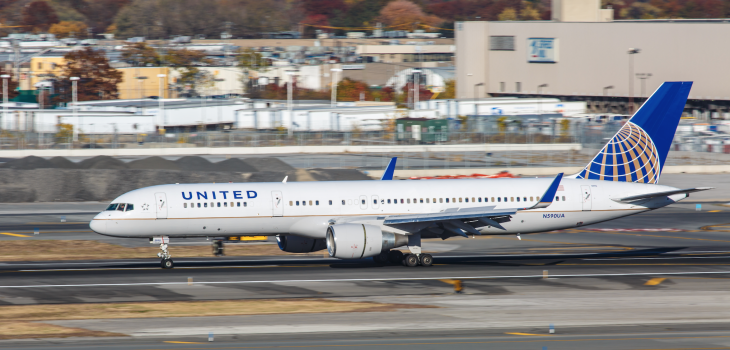We’ve all seen the video of Dr. Dao being dragged off of a Kentucky-bound United Airlines flight. This was undoubtedly a public relations nightmare for the airline and the industry. One that could spark Congressional inquiries about the industry’s overbooking tactics.
The overbooking process is key to the airlines’ bottom line, as it ensures that there are no (or few) empty seats on planes. If someone cancels or doesn’t show up for their flight, the airline has passengers ready to take their spot.
Clearly, the overbooking process failed this time around sparking global outrage. The incident has caused United Airlines to conduct a complete review of their rules that will be completed by the end of this month.
Plus, United has also announced three major changes:
“First, we are committing that United will not ask law enforcement officers to remove passengers from our flights unless it is a matter of safety and security. Second, we’ve started a thorough review of policies that govern crew movement, incentivizing volunteers in these situations, how we handle oversold situations and an examination of how we partner with airport authorities and local law enforcement. Third, we will fully review and improve our training programs to ensure our employees are prepared and empowered to put our customers first.”

The problem with the airline industry has been the spout of consolidation over the past decade. In 2010, United Airlines merged with Continental. A few years later, American Airlines acquired US Airways.
Fewer choices makes it tougher for consumers to boycott United in response to the incident last week. That means there is less incentive for the airlines to truly change its practices. Let’s face it, many consumers select airlines for one main reason: price.
While service is important, we all just want a good deal!

Leave a Reply